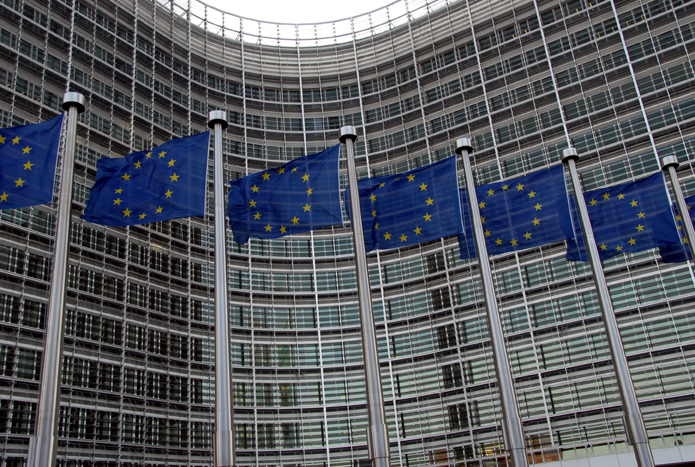
What that means is that the ePrivacy regulation would now cover companies like Facebook and Google. That evens the playing field a little for telecommunications companies, which have long complained about the disparity between the regulations imposed on them when it comes to personal data and the regulations imposed on internet companies, which are a little more lax.
According to the proposed laws, telecommunications companies would also get somewhat of a break — they would be able to make use of metadata to provide users with “additional content,” something that internet companies have been able to do for years. An example of this, according to the Commission, would be providing heat maps indicating where individuals are, which could help authorities and transport companies build new infrastructure. Under the laws, user consent would need to be obtained first.
The European Commission is also creating new laws to give users a little more control over cookies and cookie settings. These laws are aimed at preventing the barrage of notifications that Europeans get whenever they visit a new website asking them to consent to the use of cookies, although whether these laws will actually help or not remains to be seen.
There’s one law that’s notably absent from the proposal but was earlier suggested by the EC — forcing internet browsers to now allow cookies by default. It’s not known why that proposal was scrapped, however the EC did run public consultation last year with various industry groups, so it’s possible that the change had to do with that.



